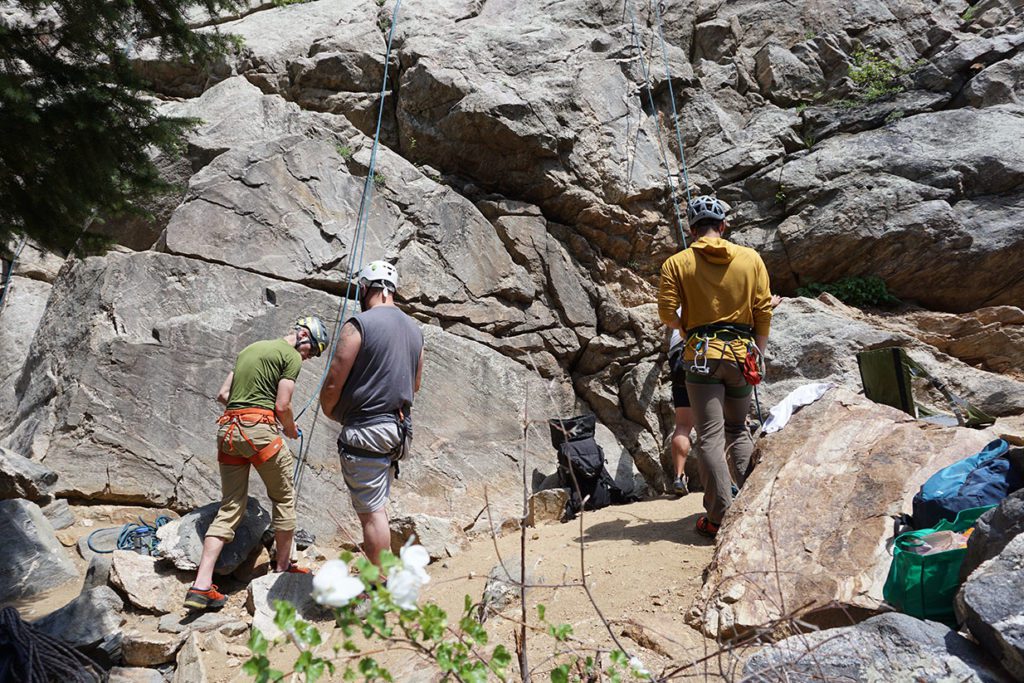Build a Bridge to Long-term Sobriety with a Strong Support Network
- / Recovery

So you’ve made the decision to get sober, you gave inpatient rehabilitation your best effort, and your on your way to the next step of living life, sober – whether that means a sober living home or venturing back out into the “real world”. First of all, congratulations on your progress. And next, as you likely already know, the recovery journey is just beginning.
One of the best actions you can take to protect and assist your recovery is to create a strong sober support network. Life is never a straight, simple journey, and chances are good that your recovery may also involve some complexity – which brings us to the importance of creating a strong sober support network. When life serves up less than favorable experiences, having a compassionate web of individuals who love you and want to see you succeed in long-term sobriety can make the difference between a “rough patch” and a relapse.
Shared experiences often lead to easy friendships – Make the most of your 12-step program meetings, and look for things you have in common with this diverse group of individuals. Everyone has their own recovery journey, but knowing you’re among peers who are encountering similar challenges and trying to find their way often facilitates the kinds of conversations that lead to genuine connections.
Protect your recovery by surrounding yourself with healthy peers – Whether your support network is made up mostly of family and friends or those from your 12-step program, you want to make sure you’re surrounded by those who sincerely want to help with your recovery. Healthy people understand that life is meant to be lived as part of a “village,” and they are ready and willing to encourage you and offer advice to help you fulfill your goal of being a healthy contributing member of that village. They also understand that certain activities are more conducive for someone in recovery than others (for example, an after-work running group rather than happy hour).
Find people with whom you can share your fears and struggles – Recovery is seldom a seamless process, but it can be less difficult if you have someone you can confide in. Those in your 12-step group are uniquely qualified to help, because many of them have been where you are today and can share the techniques they found particularly beneficial. Oftentimes, even just getting some of your troubling thoughts out for discussion can help you to work through them.
Look for friends who want to do sober activities and events – Keeping busy is one way to bolster your recovery efforts, and with most events and activities listed online, there are ample opportunities to fill your calendar. Try to find interactive activities that aren’t associated with alcohol or drug use, such as:
• Dinner out with a friend
• Taking a hike or walking dogs at the nearby shelter
• Joining a recreational sports league
• Touring a museum or other area attractions
• Going mountain biking or rock climbing
And one type of support to avoid (at least in the immediate future) – While it can feel exhilarating to be on the path to an independent lifestyle again, there’s one support person you might want to hold off on pursuing. New romances are fun and exciting, but because they also bring along a significant amount of stress and uncertainty, it’s best to make finding a partner a more distant goal. Take the time now to invest in and learn more about yourself; the right partner will come along when you are ready.
